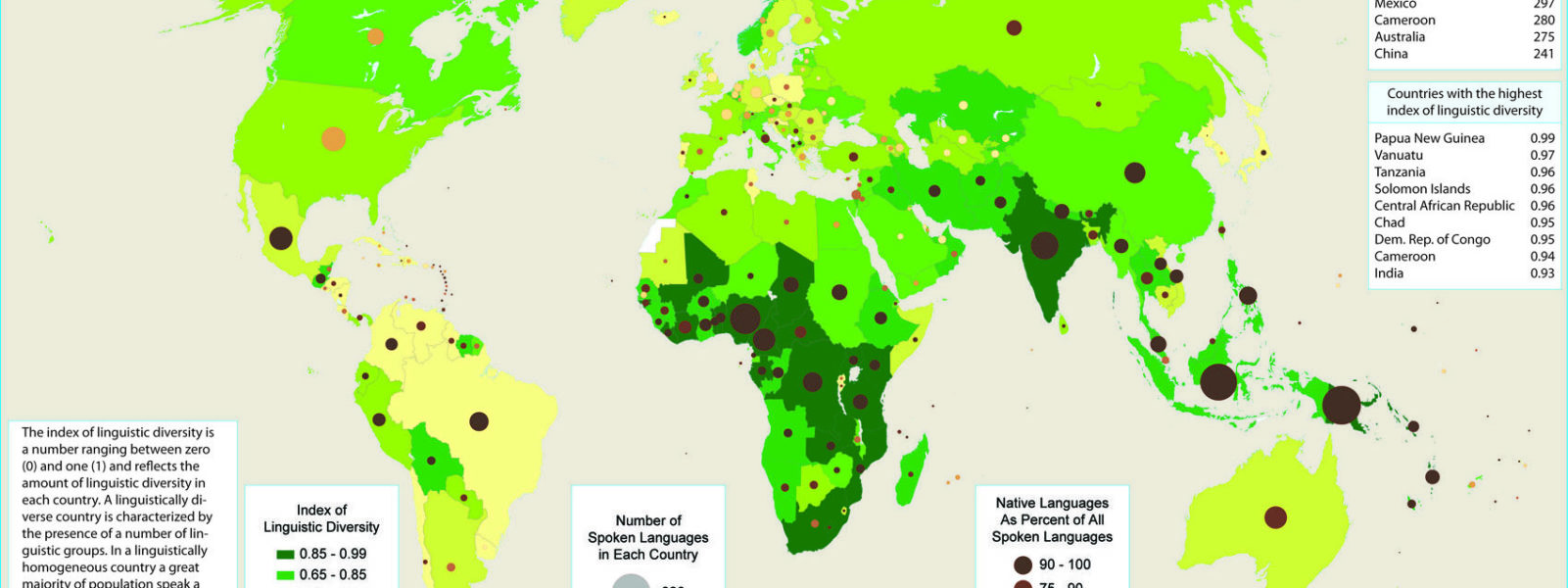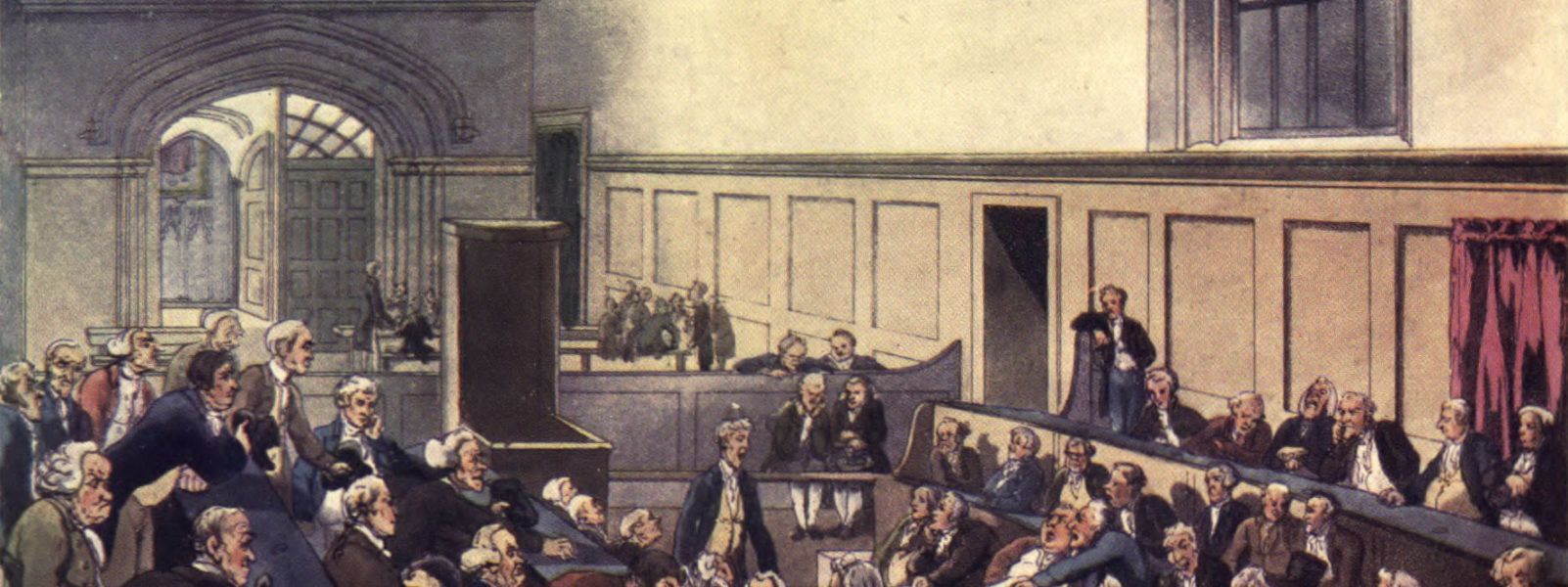Simultaneous Interpreting: Accurate or Timely?
“Elephants have six toes.” “Sally sells seashells by the seashore.” “My friends are named Sam, Stan, Stu, San, Sandy, Dee, and Dan.” What do all these phrases have in common? These three phrases are typically used in the popular children’s game “Whisper down the lane.”...










